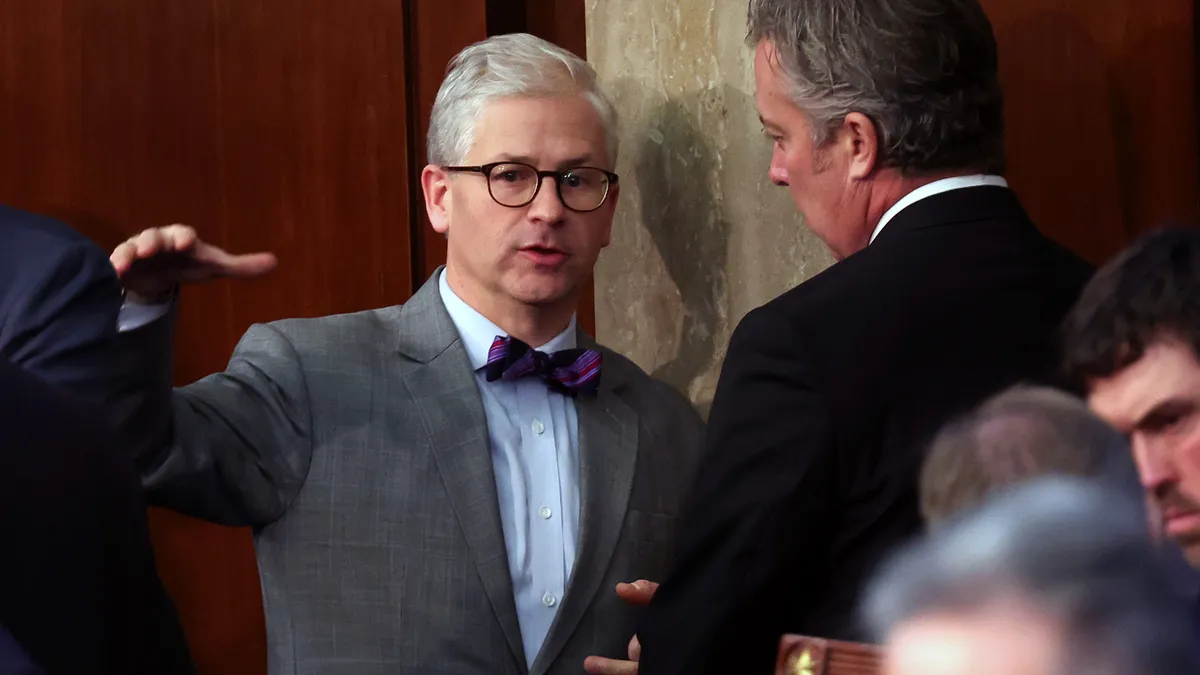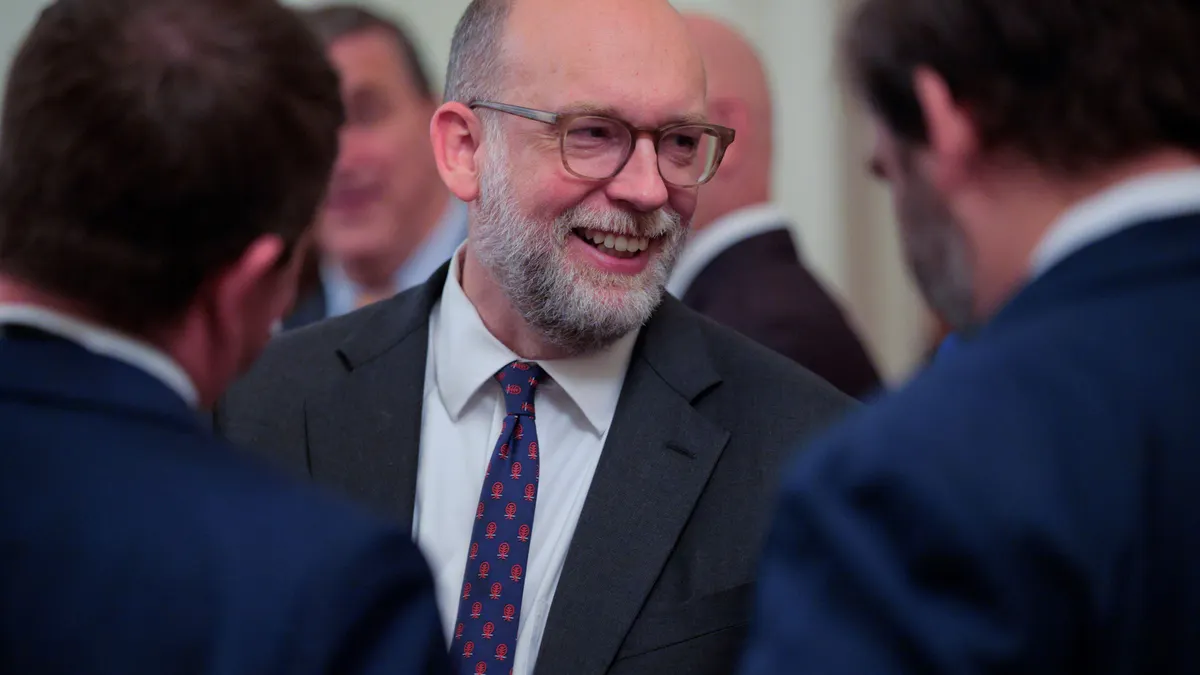Representatives of the nation’s top bank supervisors justified their participation in the Basel Committee on Banking Supervision and other cross-border regulatory initiatives before the House Financial Services Committee on Thursday.
The regulators spoke in favor of their agencies’ goal of enhancing the financial system’s strength, stability and resilience in front of committee Chair Patrick McHenry, R-NC, and other members.
Michael Gibson, the Federal Reserve’s director of supervision and regulation; Ryan Billingsley, the Federal Deposit Insurance Corp.’s deputy director of capital markets and accounting policy; and Grovetta Gardineer, the Office of the Comptroller of the Currency’s senior deputy comptroller for bank supervision policy testified to their respective agency roles in setting and implementing global standards while representing U.S. interests.
Gardineer noted that several banks overseen by the OCC operate globally, as do the U.S. affiliates of foreign banks. Thus, it becomes imperative to work with foreign counterparts while also keeping the banks’ risk management policies and programs under check. International organizations provide forums for supervisors and regulators to share knowledge and address common concerns.
“It gives us an opportunity … to talk about raising standards, higher standards, and trying to ensure that there is a level playing field so that the U.S. financial system is not at a competitive disadvantage, or losing market share to a more lax jurisdiction that has lower standards or is you know leading a race to the bottom,” Gardineer said Thursday.
Rep. Young Kim, R-CA, probed Gibson on whether he believed the current Basel III endgame proposal went against the Basel Committee’s goal, since international peers are “watering down their own standards while we are gold-plating,” she contended.
“[The] Basel Committee recognizes that each country has to take back the standards to their domestic context and make sure that what we each do domestically is appropriate to our banking system and our economy, so we do that process and we don't just automatically copy it over,” Gibson said.
Rep. Ritchie Torres, D-NY, argued that regulators were trying to model their policies on the European system.
“Do you believe, as I do, that the end goal should not be the Europeanization of the U.S. financial system, [but] the end goal should be the optimization of economic growth and financial stability?” Torres asked.
Gibson, who handled most of the questions during the 2½-hour session, said, “Our goal is a strong U.S. banking system to support a strong U.S. economy.”
The Basel III endgame would increase capital requirements by 19% for the largest U.S. banks, while the European Central Bank would increase theirs by 10%, and the Bank of England would get a 3.2% increase.
Gibson noted that around 300 comments have been made to the capital requirements proposal, and regulators will review them before making the final rule.
“The fact that we've had strong regulatory standards in the U.S. has been a source of strength for our banking system and our economy,” Gibson said. “I can't point to a particular bank that didn't fail because we did this … but overall, I think we have a strong system.”











